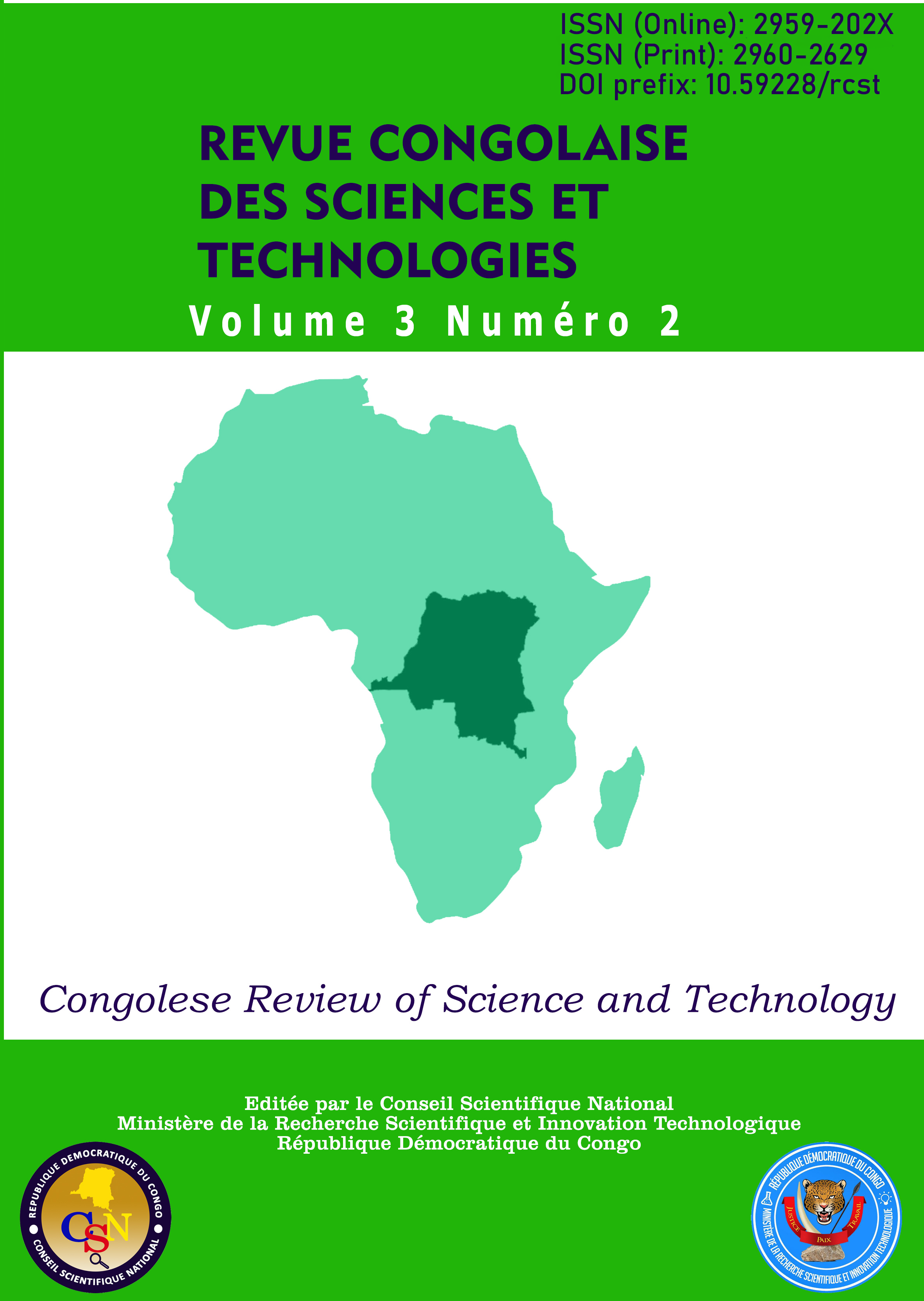Critical analysis of the R.Const. 1816 judgment of the constitutional court of the Democratic Republic of Congo: in the Matata Ponyo Mapon affair
Main Article Content
Abstract
According to a report from the General Inspectorate of Finance (IGF) of the Democratic Republic of Congo, at the origin of the legal proceeding opposing the Public Prosecutor’s Office aganst the defandants Matata Ponyo, former Prime Minister and others, more than 205 million dollars Americans out of 285 disbursed by the Public Treasury would have been diverted within the framework of the management of the Bukangalonzo Agri-Food Parc. For not having put in place monitoring mechanisms, Matata Ponyo is accused by the IGF of « guilty negligence » leadingto opacity in the management of the project and overcharging for goods and services. Thus on November 15, 2021, the constitutional court declared itself incompetent to judge a former prime Minister and released the Defendant Matata Ponyo from allhis charges. This same court handed down a judgment on Nonvember 18, 2022 giving in the jurisdiction to judge a former prime Minister, thus pluging us into a situation where, for the same case, the court ruled in two different ways. One thing and its opposite generated by the high court supposed to preach the absolute practice of law in judicial circles. In Congo, the constistutional judge has already expressed himself, there is no more debate, to the public authorities this decision is imposed, to the people, he is opposed, but it is not surprising that the Scientific comments, the against each other, engaging in discussions on the same subject. The probleme for each side is firstly to agree on the notion of the natural judge in law, then the criminal jurisdiction of the Constitutional Court.
Article Details
Section

This work is licensed under a Creative Commons Attribution-NonCommercial-ShareAlike 4.0 International License.

